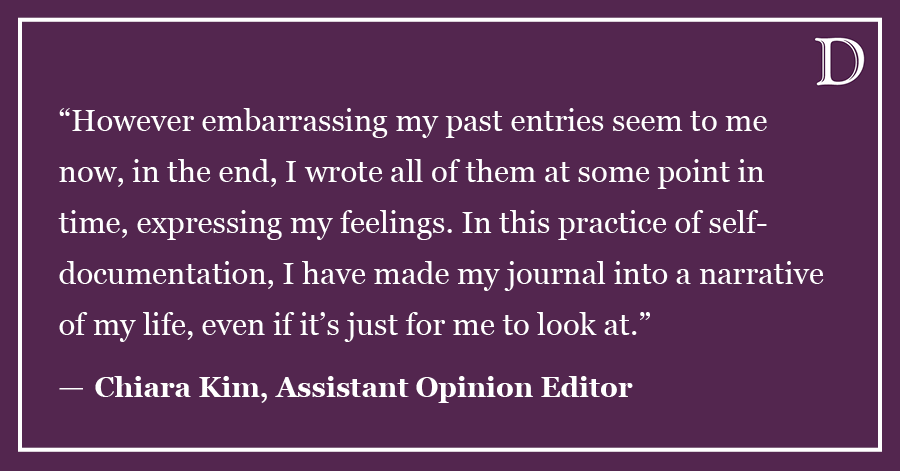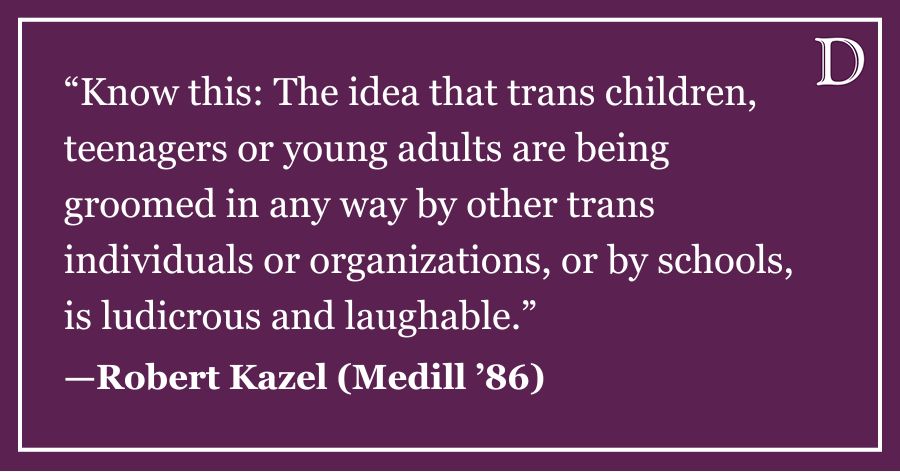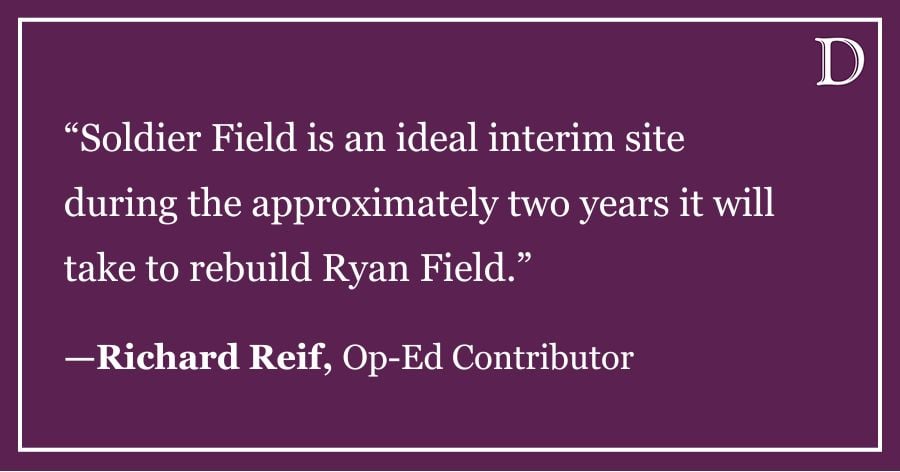January 2013 has been a bad month for hero worship. In quick succession, two of the most admired men around – former Tour de France champion Lance Armstrong and Notre Dame’s star linebacker Manti Te’o — saw their reputations publicly implode in ways that the words “humiliating” and “cringeworthy” cannot fully capture.
It turns out that Te’o’s “dead girlfriend” Lennay Kekua, who was central to the playing-through-grief narrative of his Heisman candidacy — and whom he repeatedly implied he had met — never actually existed and was the centerpiece of an elaborate “Catfish” scam masterminded by a devious distant friend.
And Armstrong admitted to Oprah Winfrey during a two-night television special that he had used performance-enhancing drugs throughout his cycling career, despite years of categorical denials to the contrary.
Both have been subjected to derision in the papers and on shows like “Katie” and “Saturday Night Live,” although criticism of Te’o has been more mocking and incredulous, whereas criticism of Armstrong has been more corrosive and bitter, perhaps owing to his years of cancer advocacy and massive international fame.
In each instance, however, people in both the United States and worldwide felt emotionally manipulated, as they had developed deep attachments to these inspirational figures who had rebounded from tragedy (a dead paramour, a cancer diagnosis) to reach the heights of their profession (an undefeated season, the biggest race in cycling), only to find that said figure was sorely lacking in integrity, intelligence, or some combination of the two.
Although hard to believe, there are positives to take away from each situation. Consider that Armstrong’s Livestrong Foundation has raised $470 million over its 15-year history to provide support services to cancer survivors and those living with the disease. They stopped funding cancer research in 2005, which strikes me as silly, but it’s better that an organization like this continues its philanthropy minus the research than never existed at all, even if it was built on a fiction. For all his flaws, Armstrong has given motivation, hope and inspiration to millions over the years.
The Te’o scandal could spur American parents to talk to their kids about the dangers of online hucksters with fake identities. “Strangers with cute pictures” could well become the new “strangers with candy.” Unlike those of us in college, who grew up during the Internet’s infancy and can remember acronyms like VCRs and that weird dial-up sound, kids nowadays are living their whole lives on an increasingly complicated and personally intrusive web. It’s crucial, then, that they’re fully aware of potential threats. It’s also fortunate that, for once, moms and dads can tell a cautionary tale without a tragic ending, as Ronaiah Tuiasosopo was merely crazy, instead of violent and crazy.
And finally, both incidents serve as high-profile reminders of human frailty. Instead of excessively reviling them — the easiest, cheapest way to respond — let’s remember that we’re all flawed, that we we’ve all lied or cheated at some point, on smaller scales — and find it in our hearts to forgive them. Romans 3:23 fits pretty well here: “For all have sinned and fall short of the glory of God.”
Michael Kurtz is a Weinberg senior. He can be reached at [email protected]. If you would like to respond publicly to this column, email a Letter to the Editor to [email protected].














